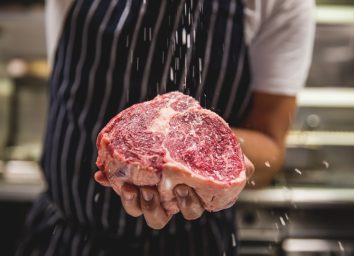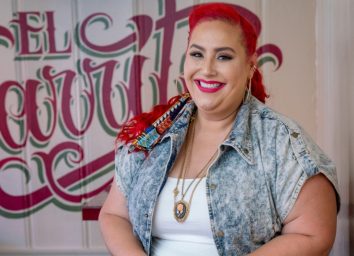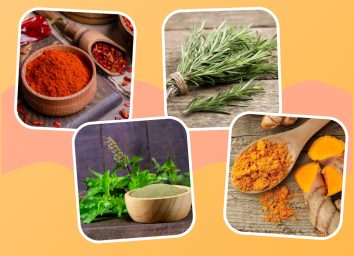10 Cooking Tips Chefs Say You Should Never Try
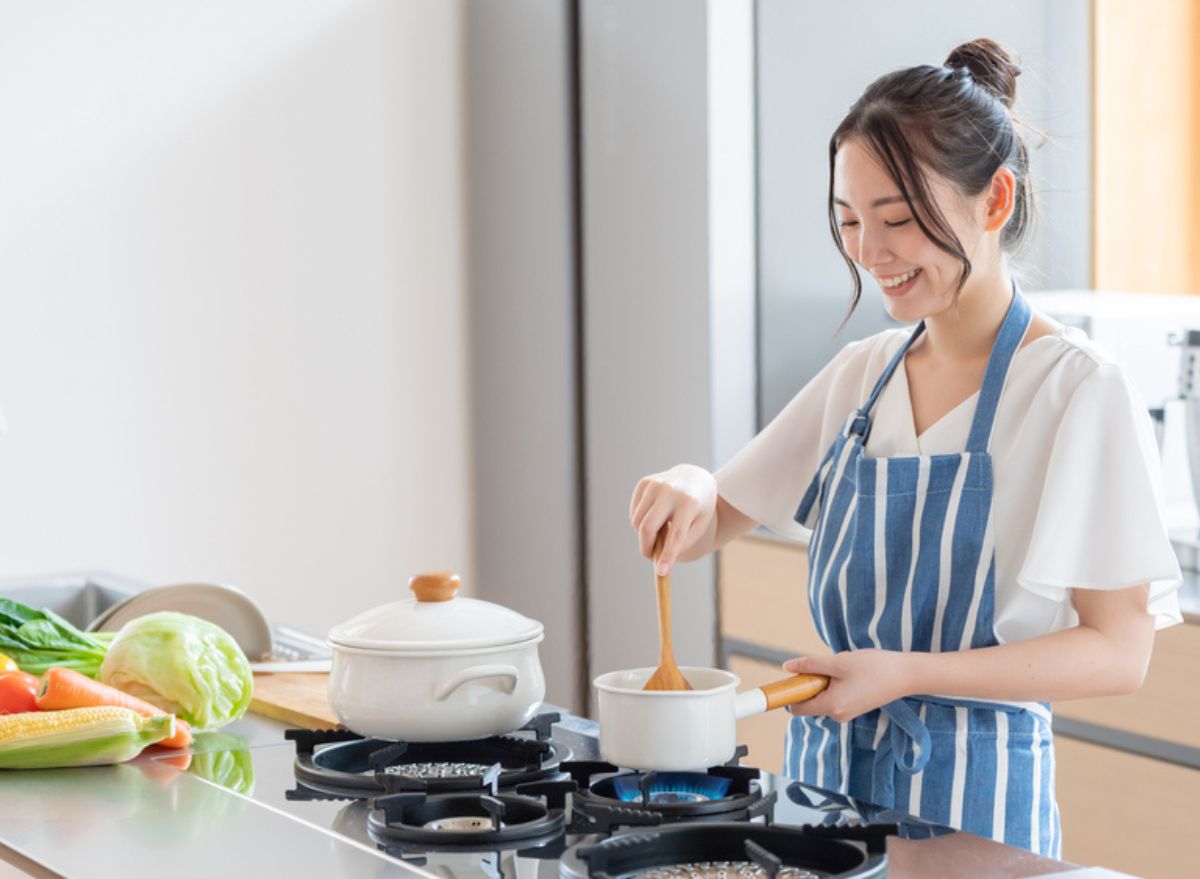
You can find cooking tips, hacks, and tricks all across the internet, from TikTok and Instagram creators, and even from your well-meaning friends and family. But how do you know which tips to trust? If a tip is in the recipe notes on a cooking blog is it reliable? What about your grandma's advice about how to cook burgers? Probably? Maybe?
Since we all don't have the time or wherewithal to go to culinary school or spend years working in a professional kitchen, we decided to turn to the best source—trained and seasoned chefs who've honed their skills in professional kitchens, and usually spend their spare time testing new recipes or cooking for their families—just like us! We asked chefs everywhere from steakhouses to luxury hotels to cozy bistros what not to do in the kitchen, and some of the answers were surprising.
Read on to find out which cooking mistakes you can easily avoid according to professional chefs!
Don't Wash Your Chicken (or Any Poultry) Before Cooking
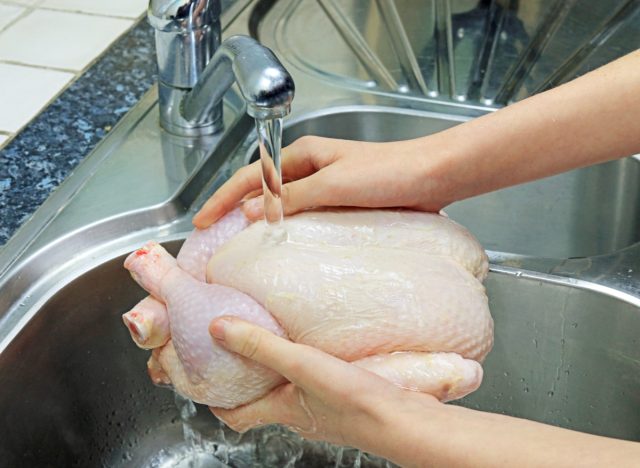
"This does not work in killing any bacteria and can actually have the opposite effect and spread bacteria around your kitchen. It will also moisten your skin which will result in it not crisping well when you cook it." —Chef Daniel Kenney, Clink at the Liberty Hotel.
Don't Heat Up Your Grill Too Quickly
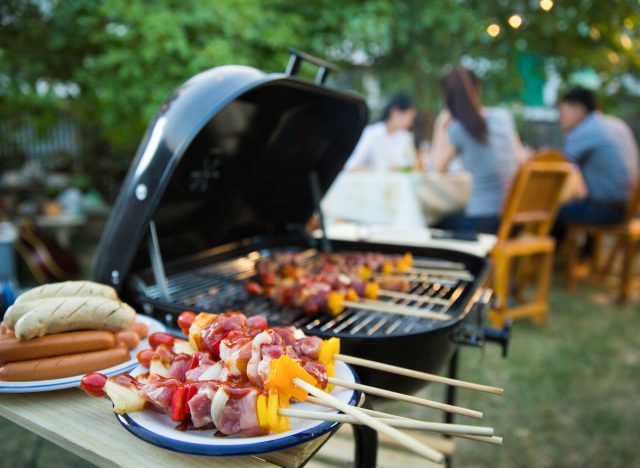
Go slow when heating up your grill! "If your grill grates are so hot they have turned white, you are going to incinerate whatever you put on them. Grilling is done on high heat, but do not overdo it, allow your grill time to get to the right temp, and place your hand above the grill. You should be able to hold it there for no longer than three to five seconds. When you apply your protein or vegetables to the grill, you should hear the sizzle and not see flames engulfing your product." —Chef Ryan Marcoux, Grill 23 & Bar
Don't Cook Meat Right Out of the Fridge
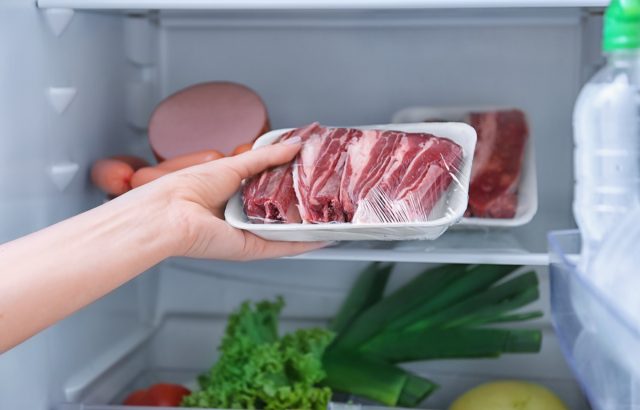
"You should always let it temper (rest on a cutting board or plate) for at least 10 to 15 minutes prior to cooking. This allows for more even cooking." —Chef Robert Sisca, The Banks Fish House
Burn It, Don't Brown It

"Many home cooks who want to make an impressive dessert, such as Crème Brûlée, think that the sugar on top should be cooked to a beautiful golden brown. The truth is, it should be burnt—in fact, crème brûlée literally means 'burnt cream.' The burnt sugar provides a wonderful bitter contrast to the sweetness of the dessert. Now, I'm not recommending you carbonize your cooking, because you can't undo the taste of a scorched sauce, but embrace the bitterness of charred sugar as a flavor that your tastebuds will appreciate!" —Chef Colt Taylor, The Essex
Don't Press Your Burger on the Grill
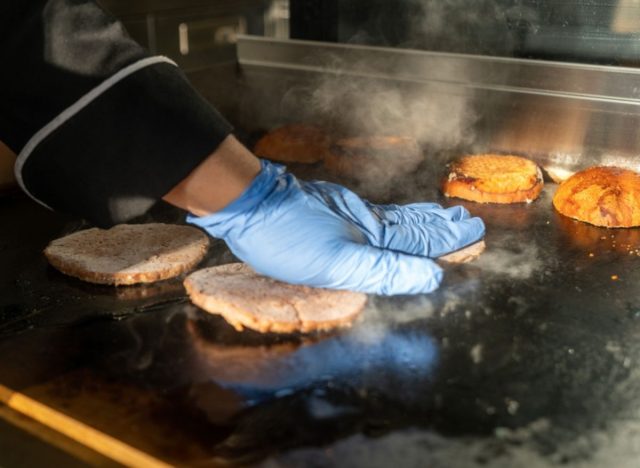
"You should never press a burger while over a heat source as the juices that keep it nice and deliciously moist will literally run out of the meat. A simple way to keep the juice in your burger and also cut the cooking time down would be to form the burger into a thinner patty before placing it on the grill." —Chef Daniel Kenney, Clink at the Liberty Hotel
Don't Use Fresh Cut Potatoes for Fries
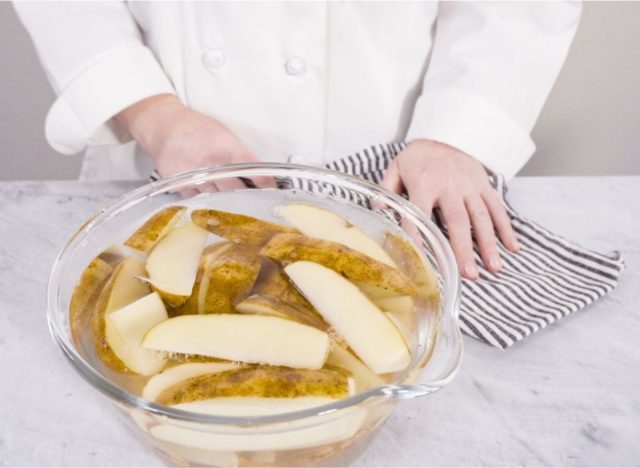
Don't throw freshly cut potatoes into a fryer! "If you drop fresh cut potatoes straight up, all the water will still be soaked up into them and they'll scorch. What you should do instead is cut and brine them. Do so for at least four hours, drain them, and then drop them in the deep fryer. The best crunchy fries with structure you've ever had in your life." —Chef Ryan Smith, Lazy Susan Tapas Bar
Don't Smash Your Garlic
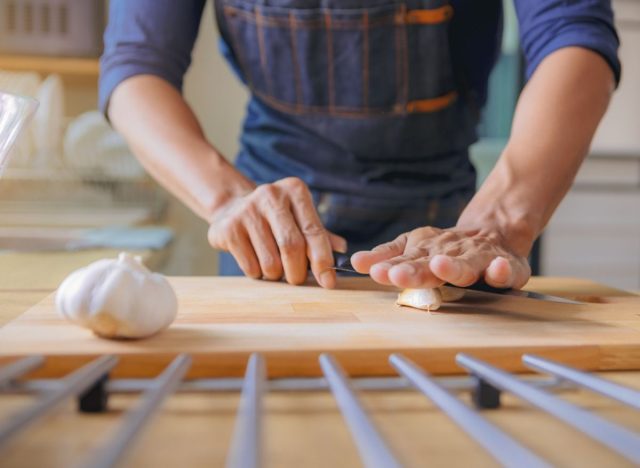
Chef Smith begs you to take it easy on the garlic. "I used to have a Sous Chef who insisted on smacking all of his garlic before chopping it to 'release its oil.' And to his credit, multiple chefs have told me the same. All it really does is destroy your knife and take twice as long. And hilariously, one such prep day, his cleaver handle lost a rivet. Seriously, throw it in the food processor and be done with it." —Chef Ryan Smith, Lazy Susan Tapas Bar
Don't Add Oil to Pasta Water
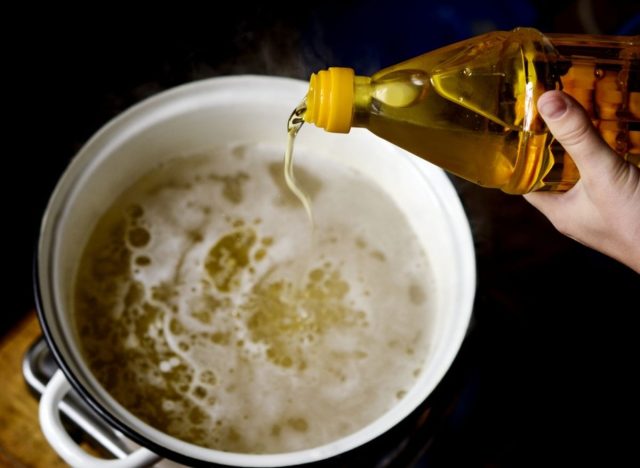
You may have heard that adding oil to your pasta water helps the noodles not stick, but that's not the case. "That's bull****. And a waste of oil." —Chef Matt Broussard
Don't Add Salt to Your Marinade
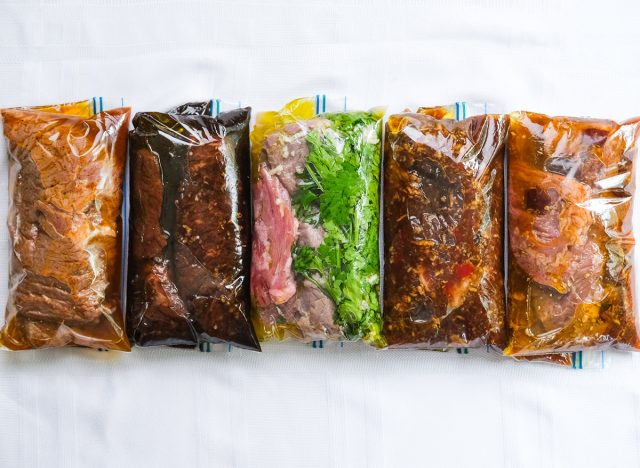
One of the most common mistakes a lot of cooks make is to add salt to the marinade while marinating any proteins for longer times. "Salt is a de-moisturizer in its natural state and if you add extra salt it can lead to over extracting the flavors too much and can lead to dry meat or seafood." —Chef Suraj "Sunny" Chopra, Rebel's Guild at The Revere Hotel
Don't Overstir Rice
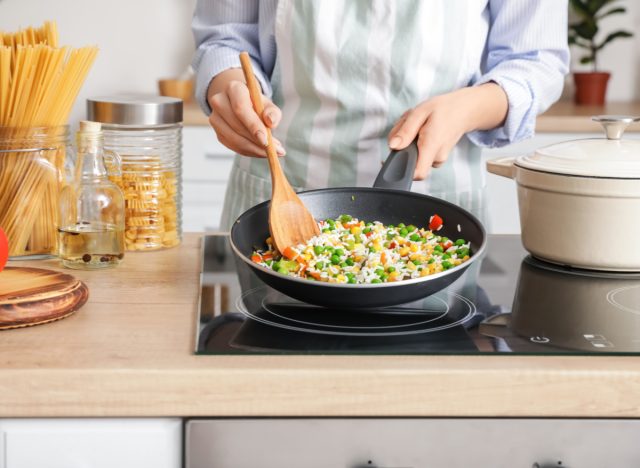
Leave your rice alone! "I love Jasmine and I always sauté my rice with 2 tbsps of olive oil at medium heat. If you notice, the rice is an opaque color and once it's placed in the heat it starts to become white, giving the rice a toasty flavor as well. I move the rice gently to ensure it is completely white. I then add my minced garlic and salt to taste, then add water. At this point, I raise the heat to medium-high. Now it's critical not to stir the rice, we have added the water and the rice will begin to release the starches in the rice. Once the water starts to simmer it's time to place a lid on your pan and bring down the heat to low for about 15 mins. Now you can lift the lid and give a gentle fold to your rice, middle, and sides to get an even cook and then place the lid back on and turn off the heat. Let the rice rest for about 5 mins." –Executive Chef Patti Delgado, Vibrant

